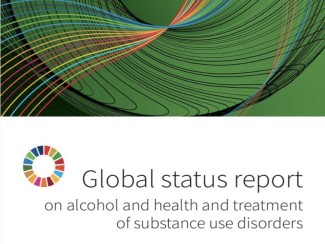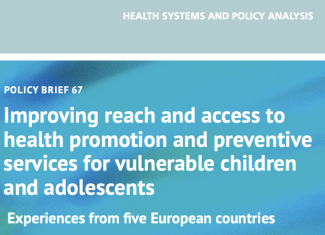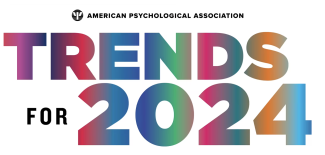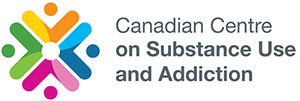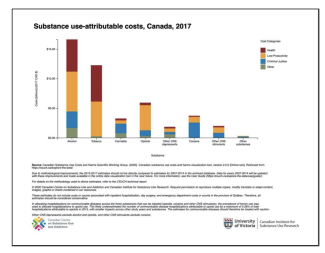Addictions in Potential Sperm Donors: What is Possible to Control?
INTRODUCTION: Third-party sperm donation represents the sole viable option for conception for a considerable number of infertile couples. The donation process is predicated on ensuring the high quality and safety of the donated cells. While screening for transmissible and genetic diseases is in place, there is an absence of uniform screening for substance use in potential donors.
AIM: The aim of this review is to provide summary information on national approaches to sperm donation and to highlight the lack of standardised screening protocols and a uniform approach to assessing dependency...
